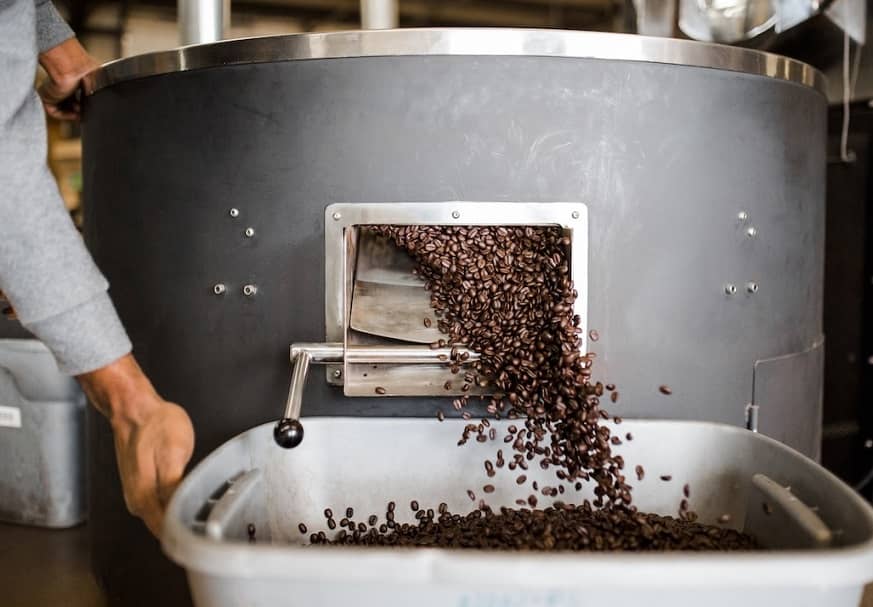How Buying Used Equipment Can Streamline Your Food Processing Plant

As the demand for fresh, processed, and ready-to-eat food products continues to surge, food processing plants are consistently under pressure to keep up with these escalating expectations. Meeting this demand while maintaining profitability is a significant challenge for the industry. One strategy that can support this balancing act is the acquisition of used equipment. In this article, we explore how buying used equipment can streamline operations and enhance cost-effectiveness within your food processing plant.
The Value of Buying Used Equipment
Consider, for instance, the purchase of a used evaporative condenser. This key piece of equipment, critical in numerous food processing applications, can represent a substantial outlay when purchased new. In contrast, a used unit can perform the same function at a fraction of the cost. This is one example among many where used equipment presents a compelling opportunity to scale operations while reducing capital expenditure.
Moreover, the depreciation cycle for industrial equipment means that many used items have plenty of productive life left, despite being sold at significantly lower prices than their new counterparts. So, the question isn’t why you should consider buying used equipment but why you wouldn’t.
Streamlining Operations
Beyond mere cost-saving, buying used equipment can help streamline operations in several ways. Firstly, used equipment often becomes available immediately, eliminating the waiting period typically associated with manufacturing and delivery of new equipment. This swift availability can be especially advantageous when trying to quickly ramp up production capacity or replace a failing piece of machinery.
Secondly, used equipment can often be easier to integrate into existing production lines, especially in the case of older facilities where modern, cutting-edge equipment might not be compatible with the existing infrastructure. A piece of machinery that is a similar age to the rest of the production line is more likely to mesh seamlessly with the current setup, minimizing disruption and the risk of unforeseen compatibility issues.
Financial Flexibility
A key advantage of opting for used equipment is the financial flexibility it offers. By saving on upfront costs, businesses have the opportunity to allocate funds to other critical areas such as R&D, staff training, or digital marketing. This can be particularly beneficial for smaller or younger companies, where cash flow management is paramount.
Furthermore, a less appreciated aspect is that the insurance and taxes associated with used machinery are typically lower than for new equipment, further amplifying the cost advantages.
Sustainability Considerations
There’s also a significant sustainability aspect to consider. By buying used equipment, you are essentially prolonging the lifecycle of that machinery, which in turn reduces waste and promotes a more circular economy. This not only contributes to global environmental goals but can also improve your company’s brand image as a responsible and sustainable entity.
Important Factors to Consider
Of course, buying used equipment is not without risks, and it’s important to have a thorough understanding of what to consider when making such a decision. Key factors include the condition and maintenance history of the equipment, availability of spare parts, and potential energy efficiency differences compared to newer models. Partnering with a reputable equipment supplier is essential to ensure you’re getting quality, reliable machinery.
Capitalizing on the Used Equipment Market
In a competitive and challenging industry like food processing, leveraging the used equipment market can be a strategic move to streamline operations, reduce costs, and enhance overall business agility. The acquisition of used machinery, such as a used condenser, offers immediate availability, compatibility benefits, and considerable cost savings. Moreover, it presents a greener approach to resource utilization.
As with all significant business decisions, careful research, due diligence, and the assistance of trusted professionals are critical to successful execution. The used equipment market stands as a robust resource for food processing plants ready to optimize operations without compromising on output or quality.
